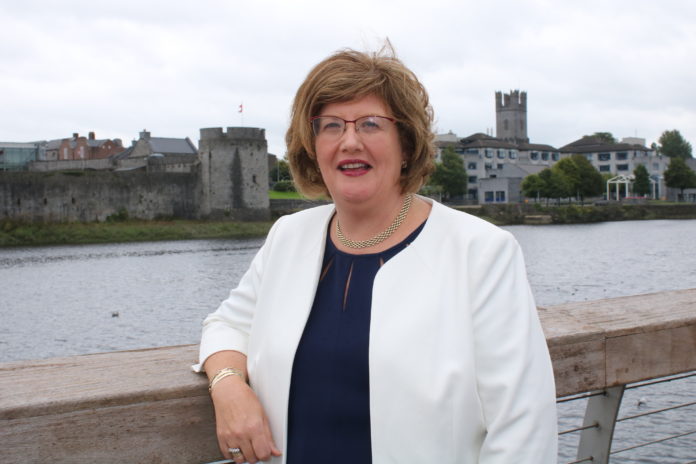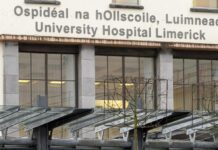
MOBILE and local clinics, which used to serve patients in County Limerick, have not re-opened after Covid, leaving some rural areas without any access to a doctor.
And even where there are resident family doctors, people are finding it difficult to get on any lists, in some cases waiting up to two weeks for an appointment.
That’s according to Fine Gael Senator Maria Byrne, who asked Minister of State Frank Feighan what can be done to increase the numbers of GPs and give Limerick people access to a better service.
“During Covid, there were a number of mobile units. Doctors held clinics in villages one or two days a week. Many of those clinics have not reopened,” the Senator said.
“That is something the Minister of State might be able to consider. The local doctor in Cappamore used to attend at the dispensary in the village of Murroe once a week. Many people in the area do not have a car and were finding it difficult to get to a GP.”
“Many people cannot get a GP appointment. They are waiting three or four days for an appointment. I recently met a person who had to wait two weeks for an appointment.
She said some people desperate for medical care “cannot even get on a GP list. GPs are under enormous pressure. The population is growing, especially in Limerick, and there are not enough doctors to facilitate people who want to get on a GP list.”
Minister Feighan outlined a range of measures which will help fill the dearth of GPs into the future, including having more places for GPs in training.
“Since 2019, baseline funding for general practice has been increased by more than €200 million, or approximately 40 per cent, per annum under the 2019 GP agreement,” he said.
“Furthermore, budget 2023 provides additional funding for GPs to recruit extra capacity, with a focus on nursing, administration and IT. The resulting increased capacity will support the planned expansion of GP care without charge for those who earn the median household income of €46,000, or less, from April next year.”
“The GP agreement provides for significant increases in capitation fees rates for participating GPs, as well as new fees and subsidies for additional services.”
He added that the roll-out of community-based services and direct access for GPs to diagnostic procedures such as scans is helping local doctors manage their caseloads.









